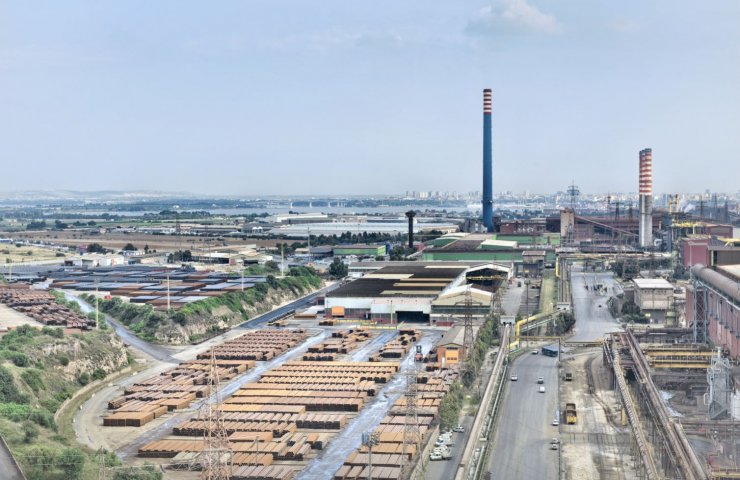Ilva, the largest Italian steelmaker, will restart a blast furnace in the seaside town of Taranto in late January or early February, according to a new plan agreed between the government and ArcelorMittal.
Talks between the two parties appear to be finally coming to an end, and a 50-50 split of shares in the new company that will control Ilva is expected. Many market participants lost interest in this story over the years, as constant negotiations brought the asset to a minimum production level, and unreliable delivery terms meant that only a few buyers considered long-term contracts at the mill.
But the mill's steel potential - especially in the current limited supply market - has always played a big role in price dynamics in Europe.
According to the plan, the Luxembourg-based ArcelorMittal and the Italian government will be equal shareholders until 2022, after which the state will become the majority shareholder with 60% of the shares.
Initially, production will be increased to 6 million tons per year, and then to 8 million tons, while market participants estimate the current production at Ilva at 2-2.5 million tons per year.
More than 10,000 employees have been a major controversial topic for many years, as ArcelorMittal pushed for job cuts while the government, under union pressure, argued that layoffs were unacceptable.
Nevertheless, many consider this plan unlikely and are skeptical about the possibility of its implementation, since with 10,000 employees, production of 6-8 million tons of steel per year is financially disadvantageous for European salaries.
Now that Ilva operates as a separate sales force from ArcelorMittal, attendees were curious to learn about the new company's pricing and sales strategy. Sources suggest that Ilva's management does not intend to follow ArcelorMittal's strategy and price hike announcements, but it will be more flexible and quote based on available capacity and demand.
While buyers welcomed the split between Ilva and ArcelorMittal, expecting an additional player in the market to lead to more competitive prices, there are still concerns about how reliable shipments will be from the plant, which has recently experienced delays of up to six months.
The neighboring Ilva metallurgical plant in Novi Ligure, which produces hot-dip galvanized steel for the automotive industry, will also be restarted, but only after the investment required to launch the plant.




